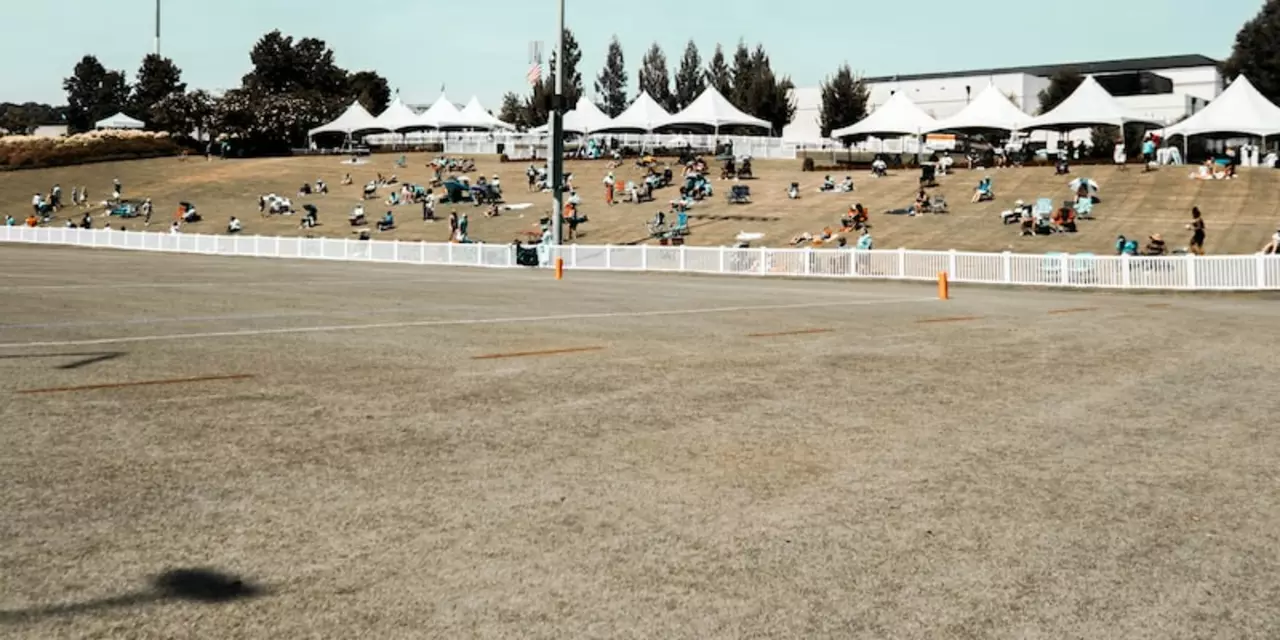Rest – Your Key to Better Sports Performance
When talking about rest, a short period of reduced activity that lets the body repair and recharge. Also known as downtime, it enables physical recovery and mental reset. Recovery, the process of repairing muscles, replenishing energy stores, and restoring nervous system balance is a direct outcome of proper rest, and it lowers injury risk. Sleep, the deep, restorative phase of rest that supports hormone regulation and memory consolidation acts as the nightly engine for recovery, while Injury Prevention, strategies that reduce the chance of sport‑related damage benefits from both rest and sleep. In short, rest encompasses recovery, requires sleep, and influences injury prevention – a simple trio that powers better performance.
Why do athletes and coaches stress the need for rest? Because the body isn’t a machine that can run nonstop. After a hard football match, like the Manchester derby that ended 3‑0, muscles experience micro‑tears, heart rate stays elevated, and mental focus drops. A well‑planned rest day lets glycogen stores refill, reduces inflammation, and clears the mind for the next tactical session. Studies on sudden cardiac arrest show that a rested heart is less prone to irregular beats during intense bursts, proving that even heart health ties back to consistent downtime. Meanwhile, a bye week in the NFL isn’t just a calendar quirk; it’s built‑in rest that helps players avoid overuse injuries and stay sharp for the remaining games.
How to Make Rest Work for You
Turn rest into an active habit. Schedule at least one full day off every week, and aim for 7‑9 hours of quality sleep each night. Use light stretching or gentle yoga on rest days to keep blood flowing without taxing the muscles. Hydrate well and eat protein‑rich meals to support tissue repair. If you’re a student athlete, combine schoolwork with short breaks – the Pomodoro technique mimics micro‑rest and can improve focus during training drills. Remember, rest isn’t lazy; it’s the fuel that powers the next sprint, jump or tackle.
Below you’ll find a mix of articles that show rest in action: game recaps that highlight why teams needed a break, health pieces on cardiac events, and discussions on the psychology of sports fandom. Each post links back to the core idea that without proper rest, performance stalls and injuries climb. Dive in and see how a simple pause can change the whole game.




